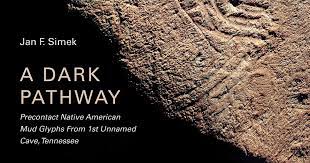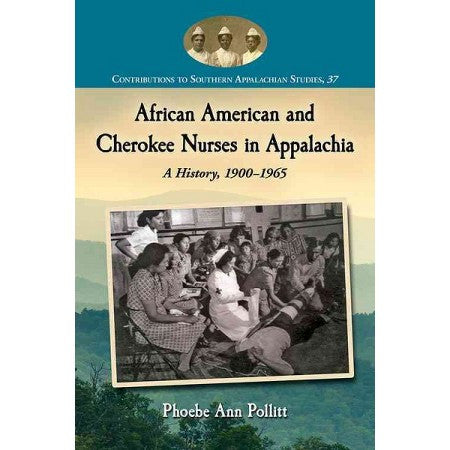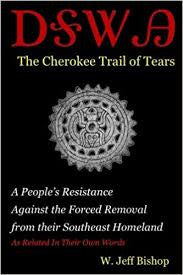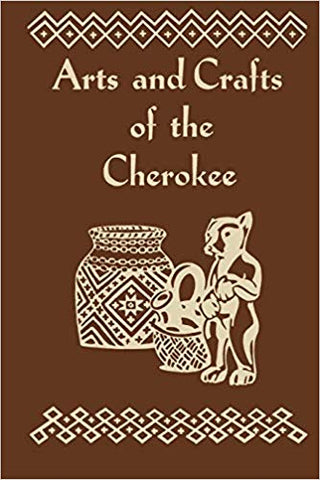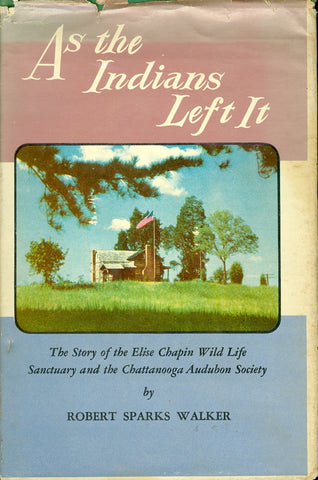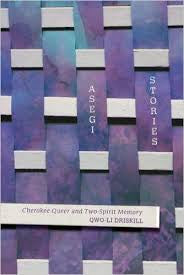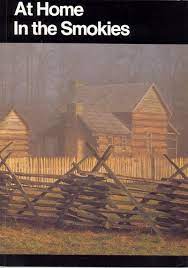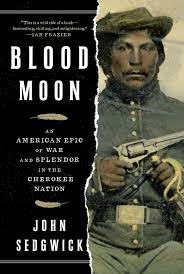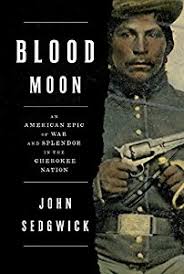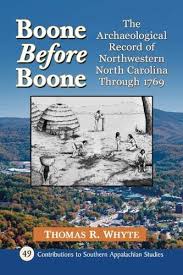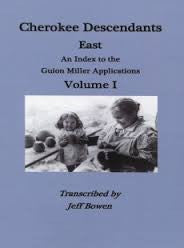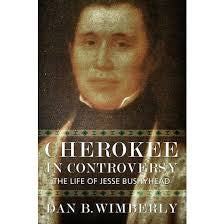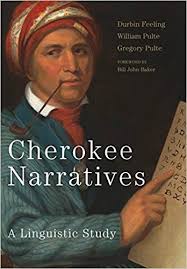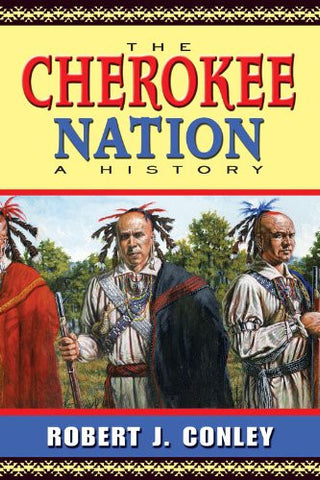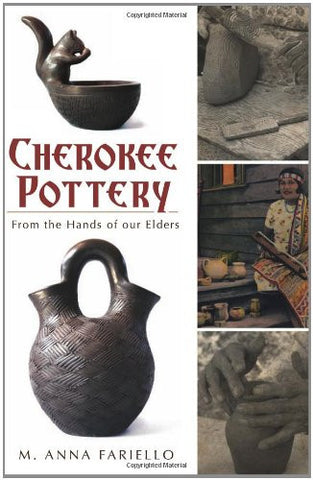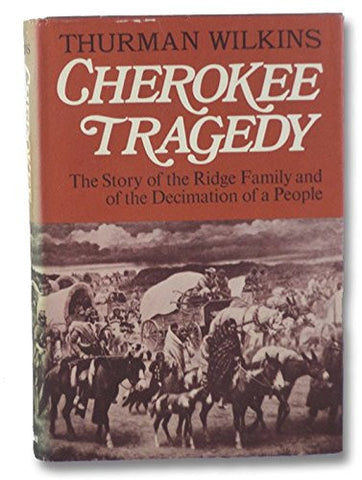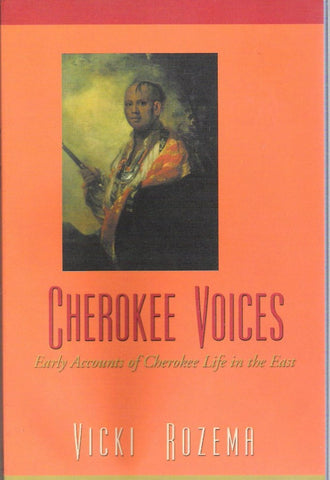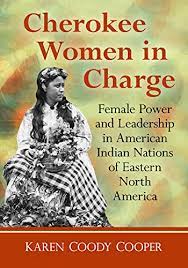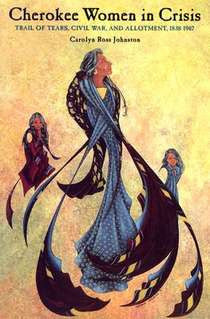The Cherokees & Indigenous Peoples
The first book about the Cherokees was published in 1765. It took the form of Lt. Henry Timberlake’s Memoirs, 1756-1765, and covers the time he was stationed at Fort Loudon, a British Fort located on the Little Tennessee River, along which the most prominent Cherokee towns were located at the time, allowing him to observe their way of life closely. In 1900 the U. S. Bureau of Ethnology published the collaboration of Cherokee elder, Swimmer, with James Mooney documenting the Myths and Sacred Formulas of the Cherokees, subsequently released in book form by several publishers. For decades Old Frontiers: The Story of the Cherokee Indians from Earliest Times to the Date of their Removal to the West (1938) by John P. Brown was considered the definitive Cherokee history. Just as the Cherokee people immediately before The Trail of Tears were split between the Ridge family and the Ross family, scholars have mirrored that split. See Cherokee Tragedy: The Ridge Family and the Decimation of a People (1970) by Thurman Wilkins and John Ross: Cherokee Chief (1977) by Gary E. Moulton. Arguably, the first really serious scholar of Cherokee life was William Gerald McLoughlin, a religion scholar at Yale whose books include Cherokee Renascence in the New Republic (1986). Theda Perdue is an accomplished contemporary scholar of the Cherokees - see, for example, Slavery and the Evolution of Cherokee Society, 1540-1866 (1979). John R. Finger of the University of Tennessee has written essentially a standard history of the Eastern Band of the Cherokees in two volumes, but the history that is considered official by the Cherokee Nation is The Cherokee Nation by Robert Conley, an enrolled member of a Cherokee tribe. It considers the Cherokee both before and after their removal. Not an enrolled member, but a woman with clear Eastern Band heritage, Marilou Awiakta is the author of Selu: Seeking the Corn-Mothers Wisdom (1993). Gayle Ross, an enrolled member of the Cherokee Nation, has told many traditional Cherokee stories from before removal in book form for children and adults.
-- George Brosi
